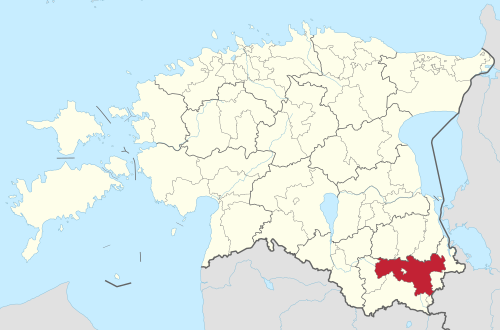Social-emotional competencies enable people to deal with their emotions and relationships effectively. This skill consists of several sub-skills, such as understanding one’s strengths and weaknesses, empathy, problem solving, stress management, etc. For teachers, these skills are important both for their personal development and mental health, and for the development of the students, as they reduce burnout risk and create a positive and motivating environment in the classroom.
On behalf of the Estonian National Institute for Health Development (TAI), HAAP Consulting analyzed various Estonian and international teachers’ programs to find an appropriate program for Estonian teachers.
For international programs, we analyzed scientific literature and different impact studies. Additionally, we consulted experts and educators in the field to find programs already in use in Estonia. The resulting document analysis took a closer look at the content, format, availability and effectiveness and impact studies of five international and three locally used training programs. Afterwards, we organized a discussion seminar with experts and practitioners in the field to analyze the results and compare their suitability for the Estonian teachers’ needs.
Our study concluded that the existing impact studies of both Estonian and international trainings are not systematic enough to allow us to single out one program over others. We consider diversity in the programs available for teacher’s development as a positive aspect because the needs and expectations of teachers are different. As a recommendation, we suggested considering adapting international programs with a strong focus on classroom management and communication skills, and to consider expanding the two programs already in use – Gordon’s Teacher School and Vaikuseminutid, with accompanying evaluation of their impact. The full analysis is available in Estonian here.




